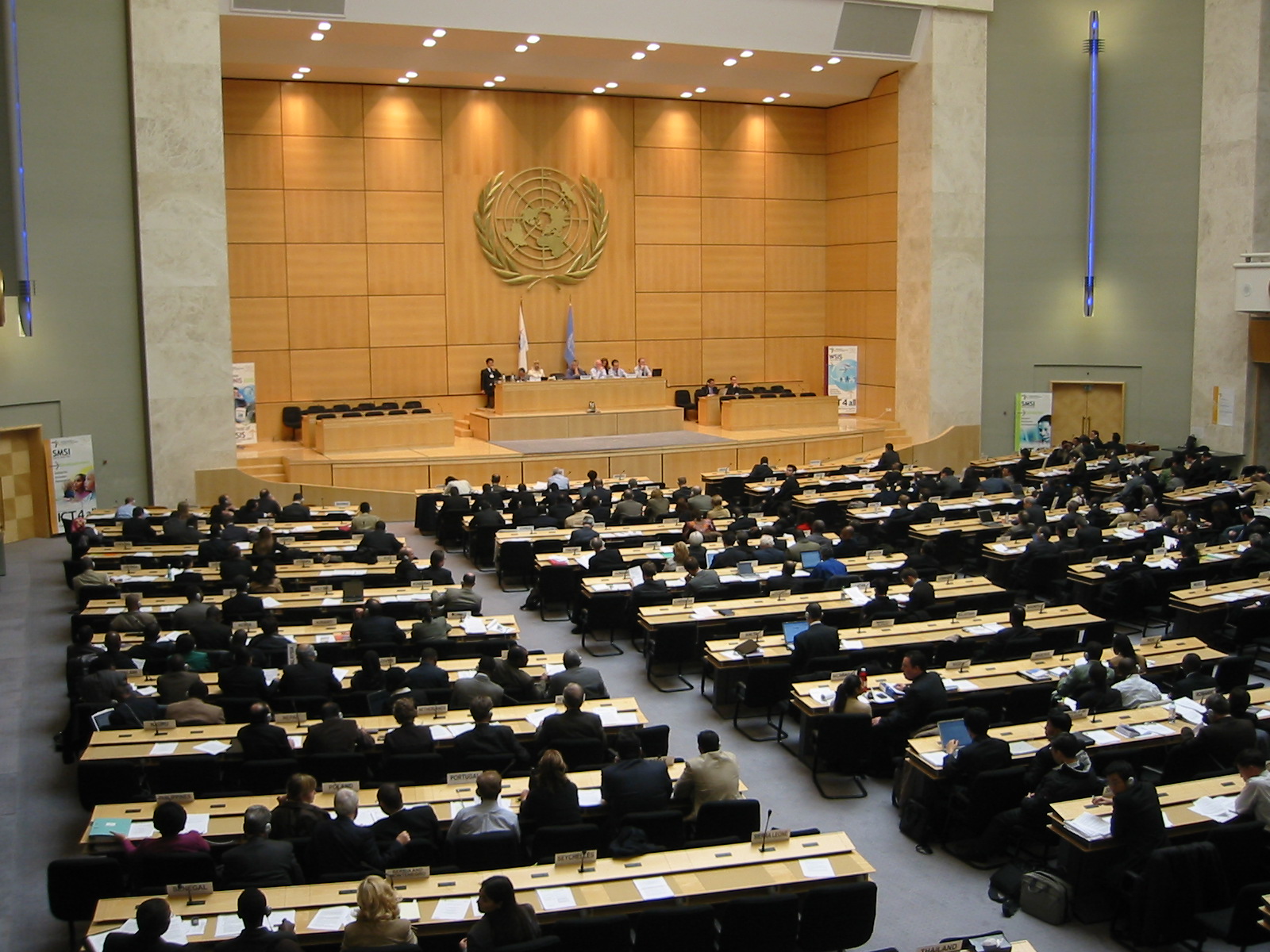On 23 October, Burkina Faso presented, the African Commission on Human and Peoples’ Rights with its periodic state report on the implementation of the African Charter on Human and Peoples’ Rights and the Protocol to the African Charter on the Rights of Women (Maputo Protocol) covering the period 2015-2021.
This report includes legal, administrative, judicial and other measures the State has adopted per Article 62 of the African Charter and 26 of the Maputo Protocol to give full effect to the rights they enshrine. It was presented in a peculiar political context: since 2022, the country has been ruled by a military regime and it is not clear when the country will return to civilian rule as the transition period was extended to five years.
The plight of defenders
In a report presented to the African Commission, ISHR noted a pattern of violations of defenders’ rights by the military government. This is despite the existence of a law protecting defenders adopted in 2017 and a defender Protection Mechanism established in 2020.
Human rights defenders in Burkina Faso are either arbitrarily arrested or conscripted into the national defence forces for military purposes. These actions aim to reduce criticism of the current military regime and to create an unfavorable environment for action to defend and promote fundamental rights.
In March 2024, the Burkinabe State admitted detaining Hervé Kam, a leading member of the Bar and former founder of the Balai citoyen movement, for ‘undermining State security’. This admission came after Kam had alrready spent six weeks in detention incommunicado, with no access to his family or his lawyers, in violation of his basic rights.
The report also indicates that, in Burkina Faso, fear, circumspection and self-censorship have made defenders more reluctant to take action to promote and defend human rights out of fear for their safety and lives. This poisonous climate for defenders is premeditated.
One defender indicated that their organisation was under surveillance and that one of its members was one of several judicial actors forcibly conscripted to go and fight. The conscription procedure is not always transparent, and appeal mechanisms against these decisions are either ineffective or selective, as they do not extend to other conscripts.
In addition, the establishment of zones of military interest significantly limits the movement of defenders, making it difficult for them to carry out their activities in these zones, where numerous human rights violations are reported.
Government responses
In response to these allegations, State representatives noted security and terrorism threats the country is facing which not only makes it difficult to hold free and fair elections but has prompted it to adopt decrees on conscriptions of citizens for military purposes.
They stated that there exist legal remedies against conscription orders and individuals may approach courts and administrative authorities to contest such orders.




